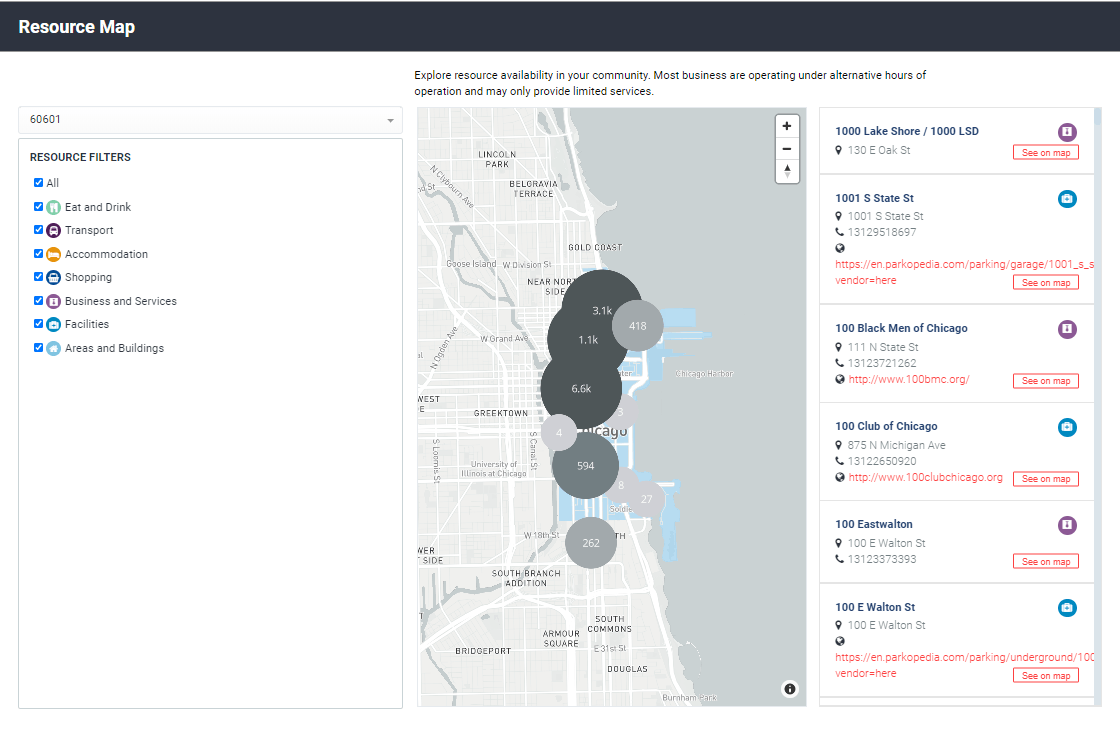August 20, 2:00 pm – 3:00 pm ET
Join IPMI Chair-Elect Gary Means, CAPP and our distinguished panel of speakers for a candid and authentic conversation about inclusion in the parking, transportation, and mobility industry.
The panel will share their expertise and personal experiences as professionals and leaders in our community. They will tackle topics such as equity and systemic racism and how we can foster improvement in our industry. Feel free to share your questions and comments in advance with us – send us an email at fernandez@parking-mobility.org.
Panelists:
 Kim E. Jackson, CAPP, Director, Transportation & Parking Services, Princeton University
Kim E. Jackson, CAPP, Director, Transportation & Parking Services, Princeton University
Kim Jackson, CAPP, provides leadership, expertise and management for university transportation and parking operations, services, facilities, and programs. In 2008 she was hired as the first Director, Transportation & Parking Services for Princeton University. Kim previously worked at IPMI as the Executive Director. Prior to IPI, Kim was Director of Parking & Transportation at Rutgers University in New Jersey, where she was responsible for the university’s parking and transportation programs, and management of daily operations of a multi-faceted program for five New Brunswick campuses and contracted bus services. Kim is a class of 2000 CAPP graduate.
 Tiffany Smith, Director of Parking Authority of River City, Louisville Metro Government
Tiffany Smith, Director of Parking Authority of River City, Louisville Metro Government
Tiffany Smith, MBA, is Director of the Parking Authority of River City (PARC) in Louisville, Ky. She has worked for PARC for 24 years. She attributes her success as a leader to her exceptional staff, her focus on employee engagement, and her commitment to superior customer service. Her department was recently awarded IPMI’s APO designation. She is a member of various boards and organizations and she loves parking, people, and living with a purpose.
 Richard B. Easley, CAPP, President, E-Squared Engineering
Richard B. Easley, CAPP, President, E-Squared Engineering
Richard B. Easley is the President of E-Squared Engineering. A 22-year-old small minority business transportation consulting firm conducting work in 34 US states and 22 countries worldwide. This includes work in the Intelligent Transportation Systems (ITS) Commercial Vehicle Operations, Electronic Payment Systems, Transit Systems, Parking, Toll Systems, Traveler Info, Intermodal Freight and Training arenas. Mr. Easley is the past Co-Chair of the International Parking Mobility Institute’s “Intelligent Transportation Systems – Parking Task Force”, the past Chair of the IPMI Technology Committee, served on the IPMI Advisory Council and currently serves on the IPMI Mobility Task Force. Richard accepted the National Society of Professional Engineers Board appointed Diversity, Equity, & Inclusion Advisory Committee position. Richard has over 32 years of experience in the
 Keith Hutchings, Director, City of Detroit
Keith Hutchings, Director, City of Detroit
Keith is a municipal leader focused on solving the challenges of Smart City parking, transportation and data management. His approach focuses on long-term solutions that create mutual benefits for all parties.
Using data and private market forces, his efforts ensure effective shared solutions serving all community segments. Through a series of progressive assignments within the City of Detroit, he understands the fundamentals of operations and the strategies of implementing change at a governmental level.
Moderator:
 Gary Means, CAPP Executive Director, Lexington & Fayette County Parking Authority
Gary Means, CAPP Executive Director, Lexington & Fayette County Parking Authority
Gary is a Certified Administrator of Public Parking (CAPP) with a BA in Broadcasting from Eastern Kentucky University. Gary is a member of the International Parking & Mobility Institute Board of Directors and Chair-Elect on their Executive Committee. Locally, Gary serves on several boards/committees including Lexington Area MPO Bike Pedestrian Advisory Committee, Town Branch Park Partners, and Downtown Lexington Partnership. In 2000, he received Downtown Lexington Corporation’s “Outstanding Individual” Award. Gary has worked in the parking industry for over 25 years in both the public and private sectors. Gary and his wife Melissa have two children and three grandchildren.




 By Brett Wood, CAPP, PE
By Brett Wood, CAPP, PE




